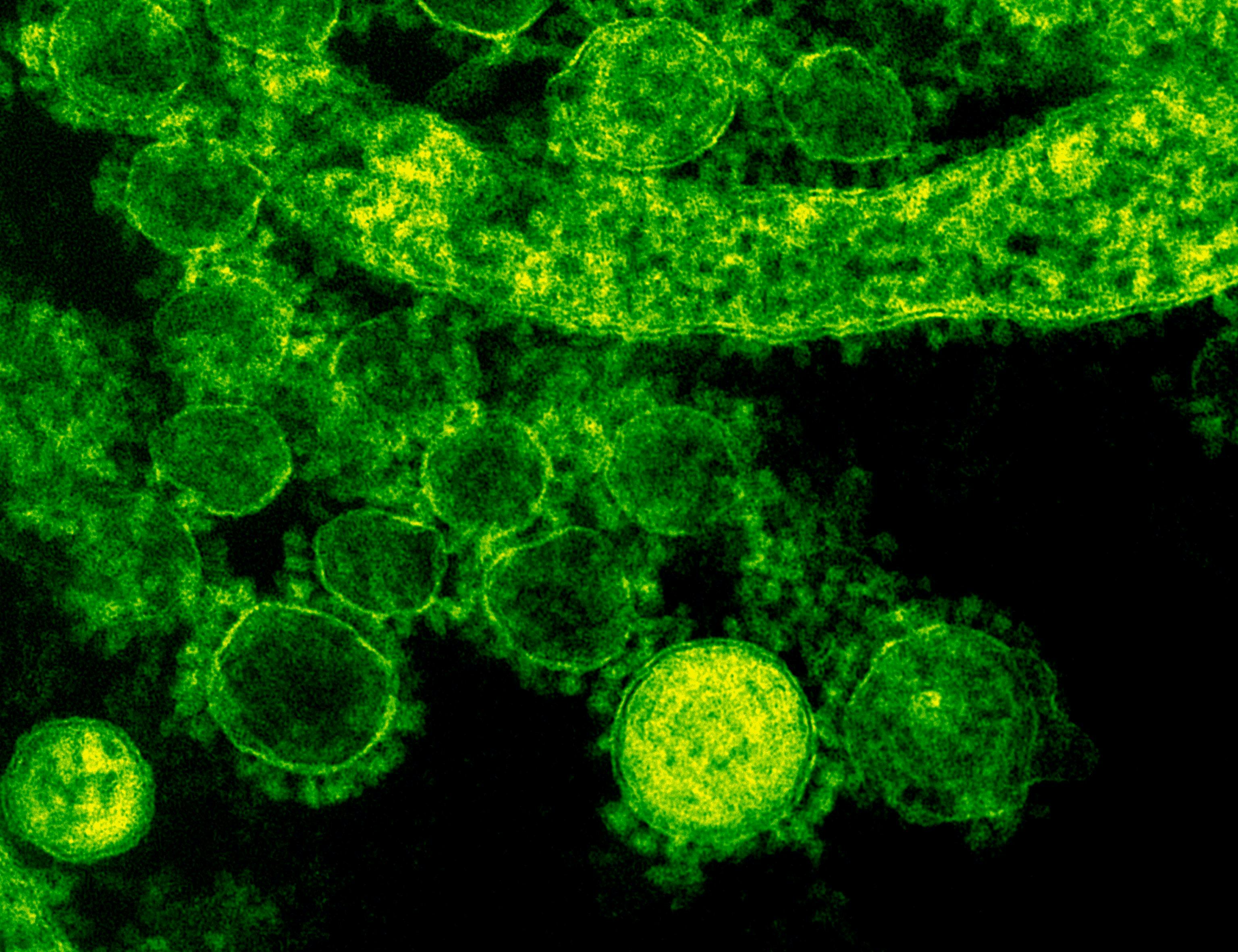Research · Editorial
New OU course tackles antimicrobial resistance

Supporting professionals in low- and middle-income countries on the global threat of antimicrobial resistance (AMR).
A free course has been launched on OpenLearn Create, aimed at helping professionals in low- and middle-income countries to make use of information around the global threat of antimicrobial resistance (AMR) and support them in changing their work practices.
Due to the widespread use of antimicrobials in general health practice, organisms have become more resistant which may lead to some infectious diseases becoming untreatable.
As a general human health practice, antibiotics are prescribed to avoid an infection. It can be the case that bacteria is resistant to antibiotics. This can also be the case in animal health practice, but observations of this are far more common in human health due to the wider prevalence of human health practice.
The challenges of antimicrobial resistance are complex, though the causes are largely due to the overuse of antimicrobials in healthcare and in commercial farming. Particularly in low-and-middle income nations, knowledge, awareness and practice is particularly scattered.
AMR is a global issue, affecting all countries, with the effects of resistance having impacts across borders. Due to this, it is important that an international strategy be formed to counter it, with awareness shared between individuals, organisations and countries. To this end, in 2015 the World Health Assembly endorsed a Global Action Plan on Antimicrobial resistance (WHO 2015). In response to this action, the UK Government launched a major UK Aid initiative, the Fleming Fund to support low- and middle-income countries (LMICs) to improve the surveillance of AMR.
The Open University and The Fleming Fund have launched the Tackling antimicrobial resistance course on the OpenLearnCreate, a series of online modules providing knowledge across key areas affecting AMR, globally. This free online course comprises of 25 technical online modules. Each module should take up to 6 hours to complete but learners can work through them at their own pace. They can also choose to complete a study pathway that suggests enrolment in a specific series of modules according to their profession or current role.
These 25 modules will be available to study in self-selective or a guided learning pathway designed for professionals in different roles and from different sectors.
This collection of modules has been designed to respond to individual needs of professionals and to provide support in developing knowledge and skills about certain aspects of AMR. The modules are designed on the basis of research evidence generated from an initial OU-led project between 2018-19; involving experts in technology-supported professional learning from the OU’s Institute of Educational Technology, subject matter experts from the Faculty of Science, Technology, Engineering and Maths (STEM) and development experts from the International Development Office, and the Fleming Fund.
Discussing the motivations of the AMR course, Dr Koula Charitonos, stated:
“What is new here is that we are consolidating all of these resources intended for LMIC countries. With 25 modules stored in one location, this is really-unique and highly open.”
“We know professionals have different needs based on their roles. We also know that AMR is by nature a multi-disease and multisectoral threat and this challenges forms of professional practice in healthcare settings in LMICs. Our research suggests that AMR requires to be dealt with through inter-professional and inter-sectoral approaches, while maintaining a focus across the local, national, and global systems. Therefore, we have created modules that are tailored to the needs of specific professional roles in human health and animal health sectors but also modules which enable such inter-professional and inter-sectoral communication. "
“The Fleming Fund is underpinned by the One Health principle, recognising this way that the AMR threat cannot be dealt by any sector in isolation. Networks of professionals in human health, animal health and environment sectors should work together to tackle AMR. Our course is also designed with this in mind and are integrating the One Health principle across the ten pathways. "
Adding further, discussing the intended impacts, Dr Charitonos shared:
“Taking part in this course can bring benefits on an individual level as well as at an organisational level, which will eventually lead to a better response to the AMR challenge within national systems. We designed the modules with an aim to enable change in workplace practice. We are monitoring this more closely with a more targeted approach which we are taking in Ghana and Nepal, where we are complementing the online modules with activities that teams in specific settings are implementing, and one of the things we hope to see is a direct change in people’s day-to-day practices related to AMR.”
“Professionals in LMICs have limited opportunities for professional development. Our course opens-up opportunities for professionals in those settings. Traditionally what has been happening are workshops that usually take place outside the workplace and only a limited number of people can attend. We know that it is difficult for professionals to transfer knowledge and apply what they have learnt in those workshops back to their workplace, especially when they are dealing with complex emerging issues like AMR. “
“Our approach in the development of this online course is to encourage a shift on how we view professional learning in those settings and emphasise that this is linked to the work environment itself. Therefore we first considered learners’ requirements and the characteristics of the work context and then we used technology to link professionals to resources in their work environment but also facilitate wider interactions across sectors and settings that professional activities related to AMR currently occur.”
Adding further, Paola De Munari, Senior Project Manager at the OU’s International Development Office stated:
“Putting together the experience of OU subject matter experts in the Faculty of STEM, experts in professional learning and educational technology in IET who have worked in delivering and adapting learning in virtual environments, IDO for working with LMIC countries, and external subject matter experts who have subject knowledge of AMR has been a fruitful and innovative partnership.”
To access the courses and begin the course, visit the Tackling AMR learning hub on OpenLearn.
The Fleming Fund is a £265 million UK aid investment to tackle antimicrobial resistance in low- and middle-income countries around the world. The programme is managed by the UK Department of Health and Social Care, in partnership with Mott MacDonald, the Fleming Fund Grants Management Agent.
People
-
PD
Paola De Munari
